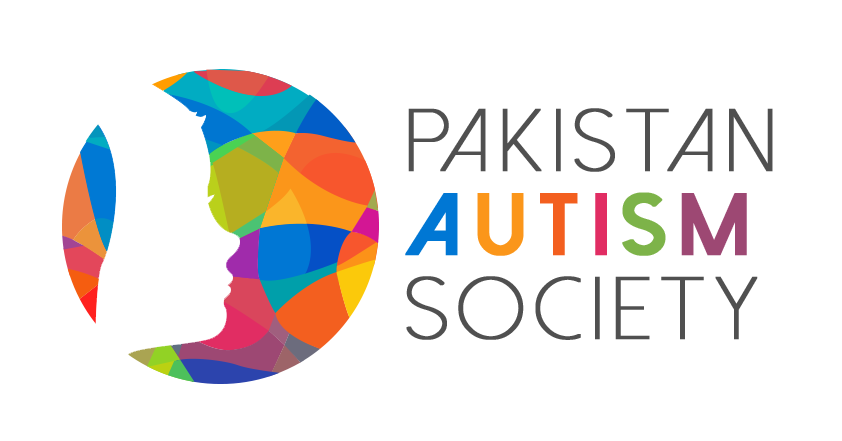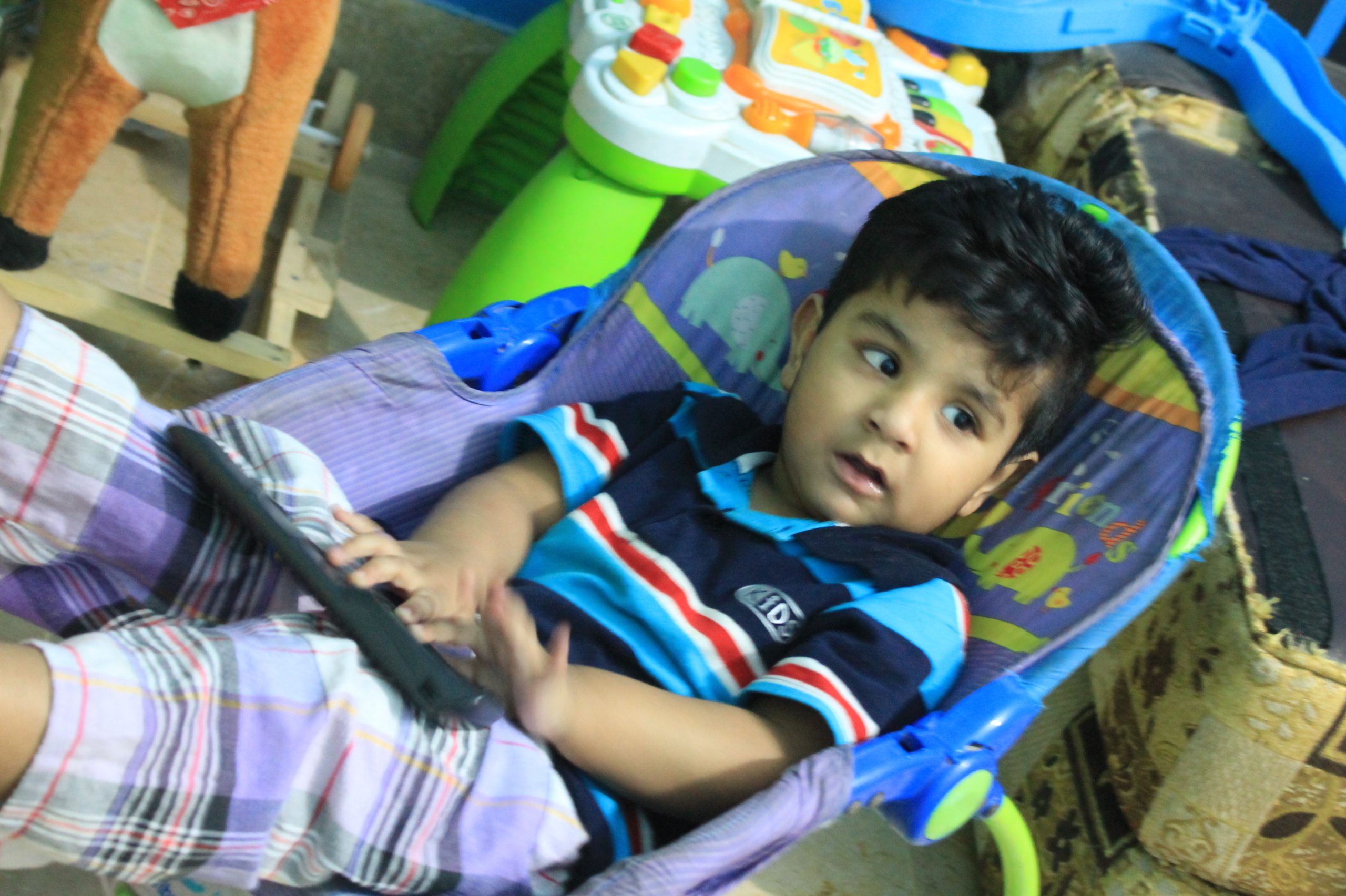Introduction
Autism Spectrum Disorder (ASD) is a developmental disorder that affects individuals’ social interaction, communication, and behavior. It is important to understand how children with autism learn because their educational needs may differ from those without ASD. By recognizing their unique learning styles and employing appropriate strategies, educators and parents can provide effective support and promote the academic and social development of children on the autism spectrum.
Individualized Learning Approaches
Children with autism often benefit from individualized learning approaches that cater to their specific strengths and challenges. Visual aids, such as pictures, charts, and schedules, can help create structure and enhance comprehension. Visual supports also aid in promoting independence and reducing anxiety by providing a predictable learning environment.
Structured and Predictable Environment
Consistency and routine play a vital role in supporting the learning process for children with autism. Creating a structured and predictable environment helps reduce anxiety and increase engagement. Establishing clear expectations and providing regular routines and schedules can enhance learning outcomes.
Visual and Multisensory Learning
Visual and multisensory learning methods are particularly effective for children with autism. Utilizing visual aids, such as flashcards or diagrams, can facilitate understanding and information retention. Incorporating multisensory activities, such as hands-on experiments or interactive games, can engage multiple senses and enhance learning experiences.
Task Analysis and Breakdown
Complex tasks can overwhelm children with autism, leading to frustration and disengagement. Breaking tasks into smaller, manageable steps through task analysis helps children with autism understand the process more easily. By gradually increasing the complexity and difficulty of tasks, educators can support skill development and foster a sense of accomplishment.
Applied Behavior Analysis (ABA)
Applied Behavior Analysis (ABA) is a widely recognized intervention for children with autism. ABA utilizes systematic techniques to promote positive behaviors and decrease challenging behaviors. It focuses on providing clear instructions, reinforcement, and repetition to teach various skills. ABA interventions can be implemented both in specialized educational settings and at home.
Social Skills Training
Social skills training is crucial for children with autism, as social interactions often present significant challenges. Social stories, role-playing, and explicit teaching of social cues can assist children in understanding appropriate social behaviors. Encouraging peer interactions and providing opportunities for socialization can also support the development of social skills.
Collaboration and Individualized Education Plans (IEPs)
Collaboration among educators, parents, and professionals is essential to create individualized education plans (IEPs) for children with autism. IEPs outline specific educational goals and strategies tailored to the child’s unique needs. Regular communication and sharing of progress can help identify effective techniques and make necessary adjustments to maximize learning outcomes.
Conclusion
Understanding how children with autism learn is crucial for optimizing their educational experiences. By incorporating individualized learning approaches, providing a structured and predictable environment, utilizing visual and multisensory methods, employing task analysis, implementing ABA interventions, offering social skills training, and fostering collaboration, educators and parents can empower children with autism to reach their full potential. With the right support and strategies, children with autism can thrive academically and socially, enhancing their overall quality of life.














[…] […]